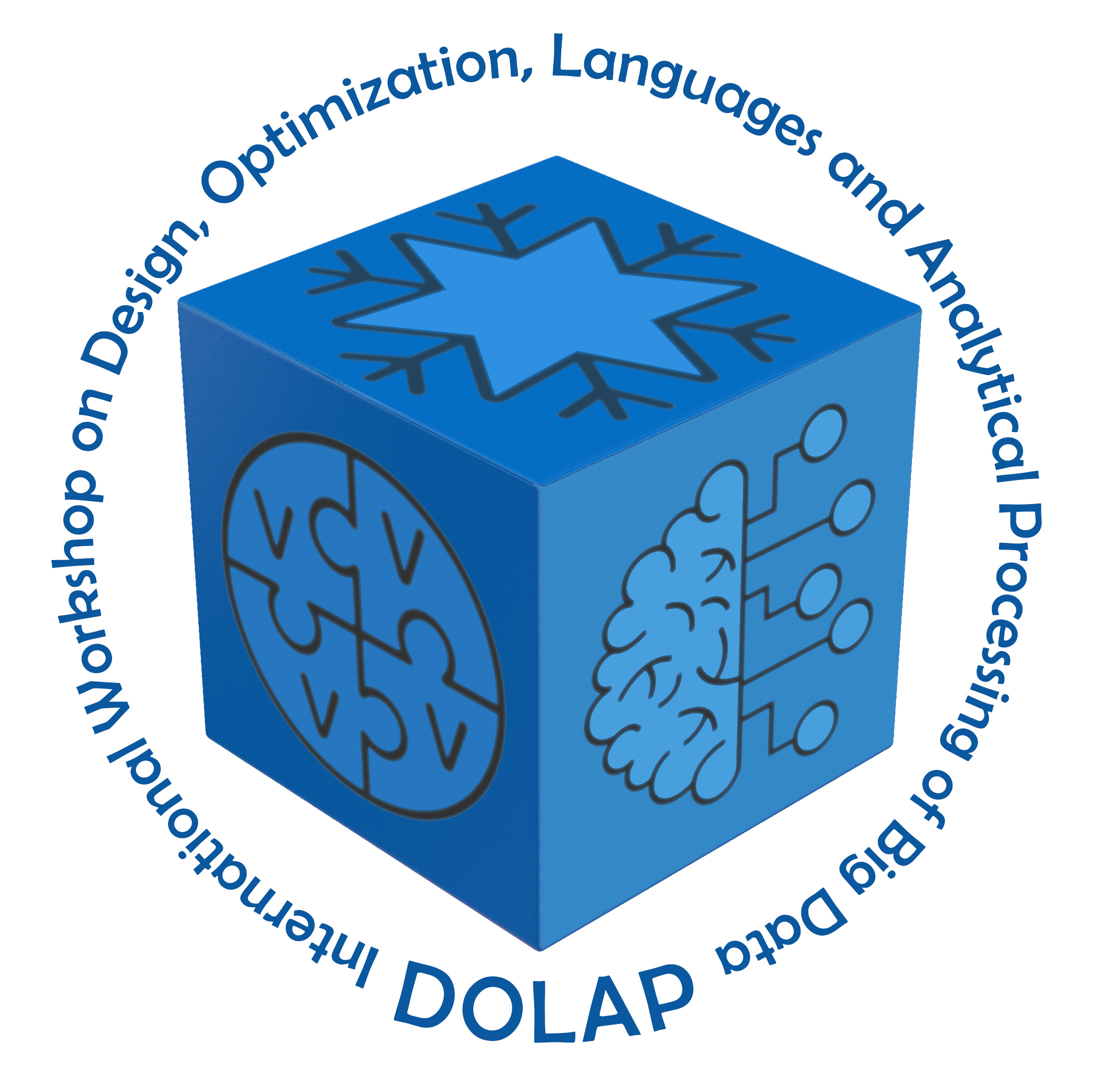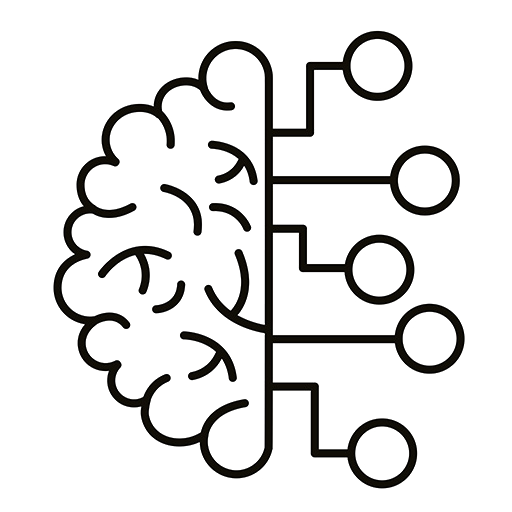
DOLAP: the International Workshop on Design, Optimization, Languages and Analytical Processing of Big Data
DOLAP is established as one of the reference places for researchers to publish their work in the broad area of data decision support systems. The DOLAP workshop maintains a high quality of accepted papers, as attested by its ranking as “very good event” in the last edition of the GII-GRIN-SCIE Conference Ranking. Every year, the best papers published at DOLAP are invited to submit extended version to a special issue on a highly reputed international journal (like Information Systems or Data & Knowledge Engineering). Moreover, the high-quality program of DOLAP includes invited keynotes from reputed speakers, a best paper award since 2020, and uses open proceedings since 2017. A test-of-time award was given in 2023 to celebrate the 25th edition of DOLAP.
Research focus
Research in data warehousing and OLAP has produced important technologies for the design, management, and use of information systems for decision support. Nowadays, due to the advent of Big Data, Decision Support Systems (DSS) include a wider range of systems, in which novel solutions combine advanced data management and data analytics, (semi-)automating the data lifecycle (from ingestion to visualization). Yet, modern data analytics systems acknowledge the relevance of managing data in an efficient way (by means of data modeling and optimized data processing) to serve innovative data analysis bringing added value to organizations.
Data platforms of the future will consequently be significantly different than what the current state-of-the-practice supports. The trend is to move from current systems that are “data presenting” to more dynamic systems that allow the semi-automation of the decision making process (including both data management and data analysis tasks). This means that systems partially guide their users towards data discovery, management and system-aided decision making via intelligent techniques (beyond OLAP and exploiting artificial intelligence) and visualization. In the backstage, the advent of the big data era requires that new methods, models, techniques and architectures are developed to cope with the increasing demand in capacity, data type diversity, schema and data variability and responsiveness. And of course, this does not necessarily mean to re-invent the wheel, but rather, complementing the wealth of research in data management and anlytics with other approaches.
We envision DOLAP as a forum to discuss, foster and nurture novel ideas around these new landscapes of decision support systems and data platoforms in the era of big data in order to produce new exciting results, within a strong, vibrant community around these areas.
The new logo
After 25 years of workshops, we have revamped the original logo to represent the main themes that are driving the scope of DOLAP. While the cube is an obvious reference to the multidimensional data, here is the breakdown of the symbols on its sides.
OLAP
Big Data
ML & AI
Data-driven decision-making is a research topic in continuous evolution, always encountering new challenges and opening to tremendous opportunities, inspiring research work that takes data analysis to an ever-higher level. The DOLAP workshop is the perfect venue for researchers to share their latest work in this area and join a strong and proactive data-enthusiast community.


